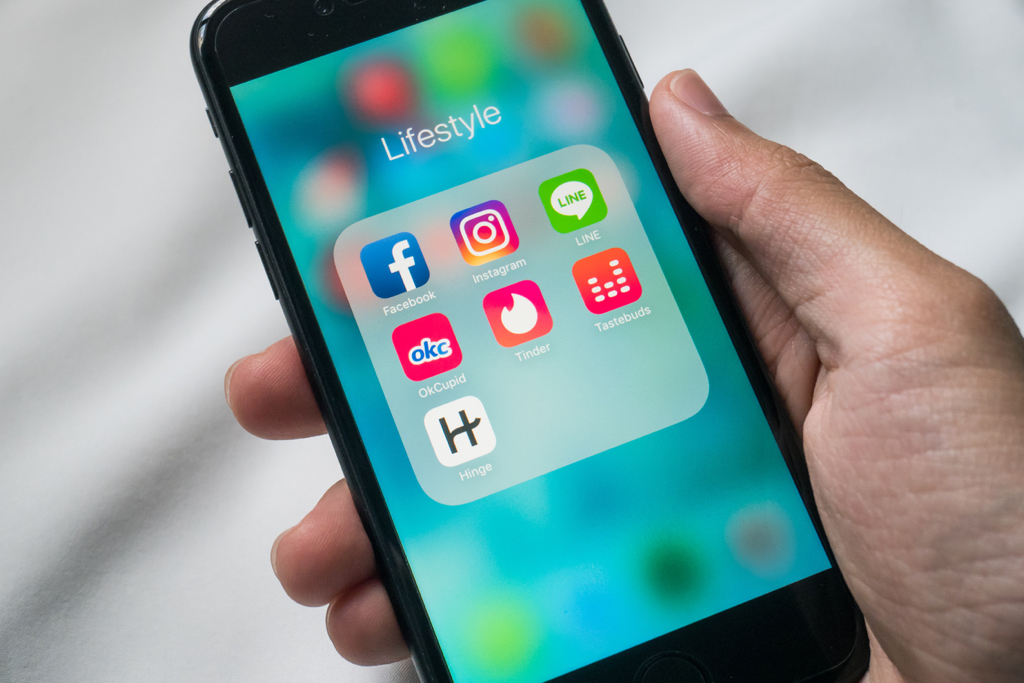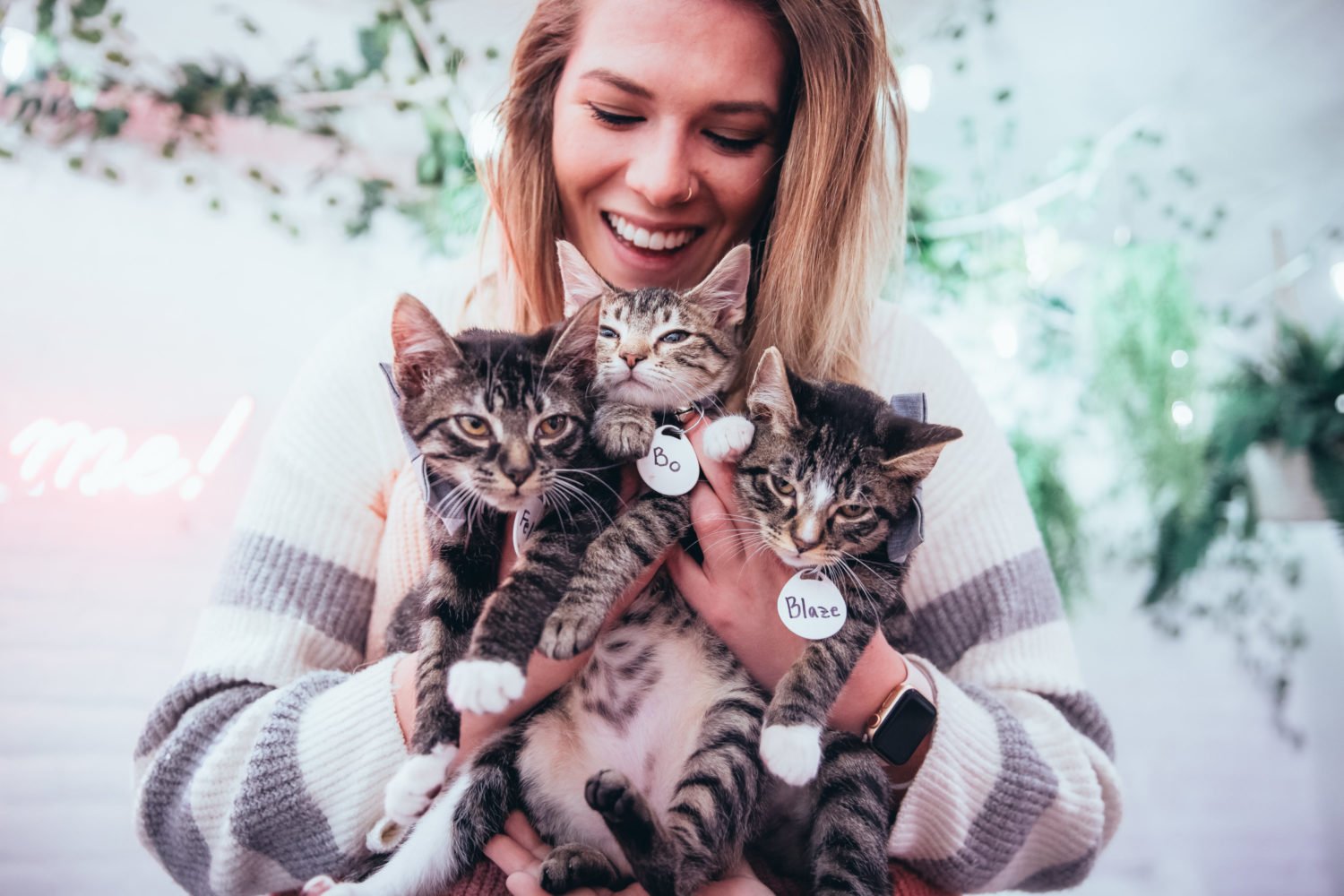The FBI’s Washington field office has a message for those looking for love this week: Watch out.
In a press release last week, the agency warned that people seeking romance online are easy prey for scammers, who use social media to swindle hopeful hearts out of their cash.
A case last year in Prince George’s County saw 11 people convicted of participating in a large romance fraud scheme, including a Laurel resident, Gbenga Ogundele, who took more than $2 million from his victims over the course of four years. Ogundele’s group used dating apps to target vulnerable singles and build relationships with them, quickly moving from the apps to phone calls, texts, and email. Then, they would ask for money.
“They use stories of severe life circumstances, tragedies, deaths in the family, injuries to themselves, or other hardships,” says FBI spokeswoman Kadia Koroma.
According to the US attorney’s office for Maryland, those “severe life circumstances” included phony medical emergencies (backed up by fake hospital bills) or problems with foreign businesses . Sometimes, the scammers would even ask for money to buy plane tickets to visit their intended victims.
“The criminals who carry out romance scams are experts at what they do,” says Koroma, noting that scammers will sometimes keep detailed journals on their marks to figure out how best to gain their trust and manipulate them. “Scammers use poetry, flowers, and other gifts to reel in victims, the entire time declaring their ‘undying love.’”
Ogundele was sentenced to 19-and-a-half years in prison.
Like other internet-related crimes, romance scams have been increasing in recent years. They also result in the highest amount of financial losses for victims. Romance scammers pilfered more than $230 million in 2016 alone, the FBI says. Social media and dating apps make it even easier, with an increasing number of people using the internet to find true love.
Though dating apps are most popular among younger users—more than one-quarter of adults between 18 and 24 have used them, according to the Pew Research Center—women over 40 are the most frequent victims, according to a 2014 report.
The FBI, for its part, will not say which social-media platforms and dating apps are most commonly used for romance scamming. “It’s a double-edged sword,” says Koroma. “We don’t want to promote certain platforms to perpetrators by saying that they’re vulnerable.”
What the bureau will say, however, is obvious: Don’t send money to people you don’t know and, if your online bae seems flaky every time you try to meet in person, that could be a warning sign.
“Behind the veil of romance is a criminal enterprise like any other,” Koroma says.


















